December 11, 2022
Lambeth plans major expansion in sustainable office space
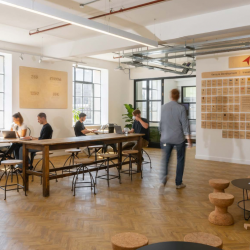 Lambeth is set for London’s biggest increase in sustainable office space over the next decade with an estimated six million square feet of extra space for business set to be created. A report commissioned by Lambeth Council details this expansion, how it supports the borough’s growth priorities and delivers space fit for the future of work. The report ‘Lambeth: The Future of Sustainable Work’ sets out how expansion supports the council’s bold ambitions to foster well-paid jobs in growth sectors for the borough’s young people, to achieve its Net Zero by 2030 outcome and to create an environment for local entrepreneurs to flourish. (more…)
Lambeth is set for London’s biggest increase in sustainable office space over the next decade with an estimated six million square feet of extra space for business set to be created. A report commissioned by Lambeth Council details this expansion, how it supports the borough’s growth priorities and delivers space fit for the future of work. The report ‘Lambeth: The Future of Sustainable Work’ sets out how expansion supports the council’s bold ambitions to foster well-paid jobs in growth sectors for the borough’s young people, to achieve its Net Zero by 2030 outcome and to create an environment for local entrepreneurs to flourish. (more…)







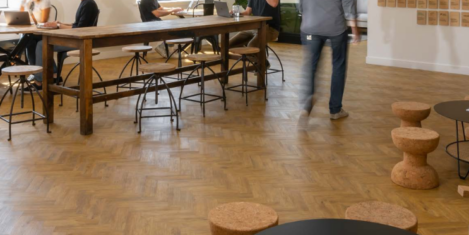

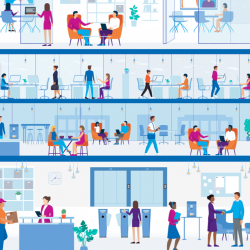




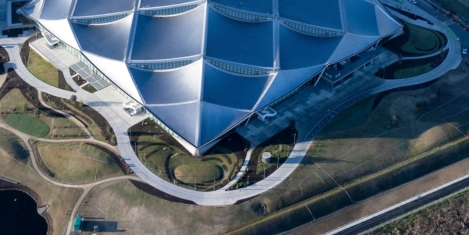
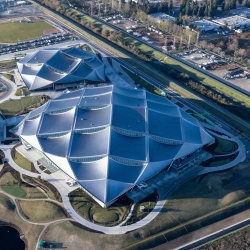




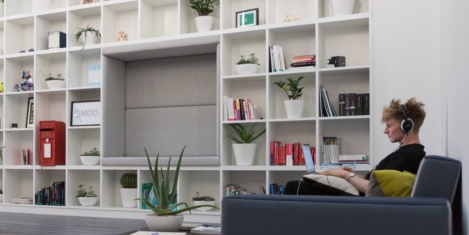
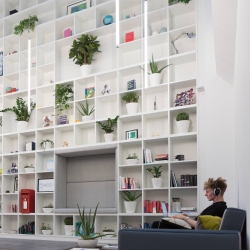
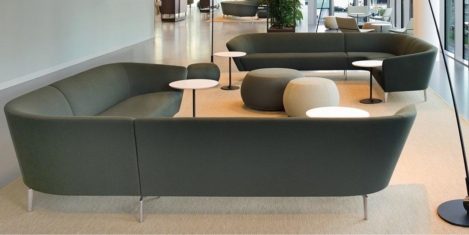
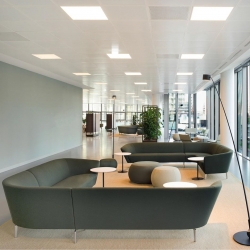
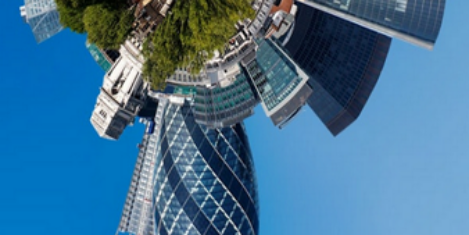
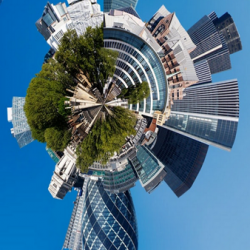 The
The 
 As SMEs (small and medium-sized enterprises) grapple with a myriad of challenges to keep their companies running successfully,
As SMEs (small and medium-sized enterprises) grapple with a myriad of challenges to keep their companies running successfully, 








February 14, 2022
The Great Resignation will cast a long spell
by Mark Eltringham • Comment, Flexible working, Wellbeing, Workplace design